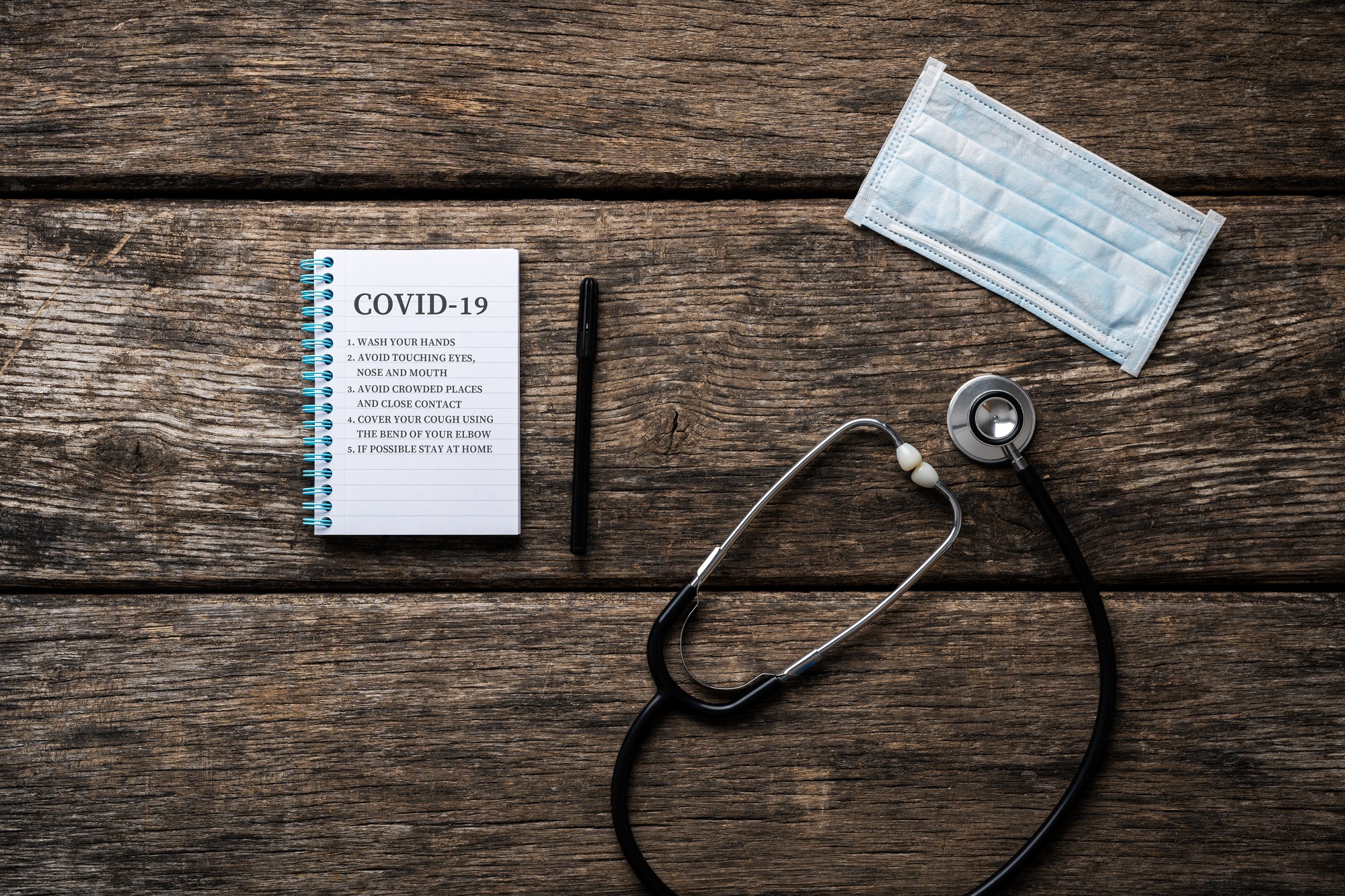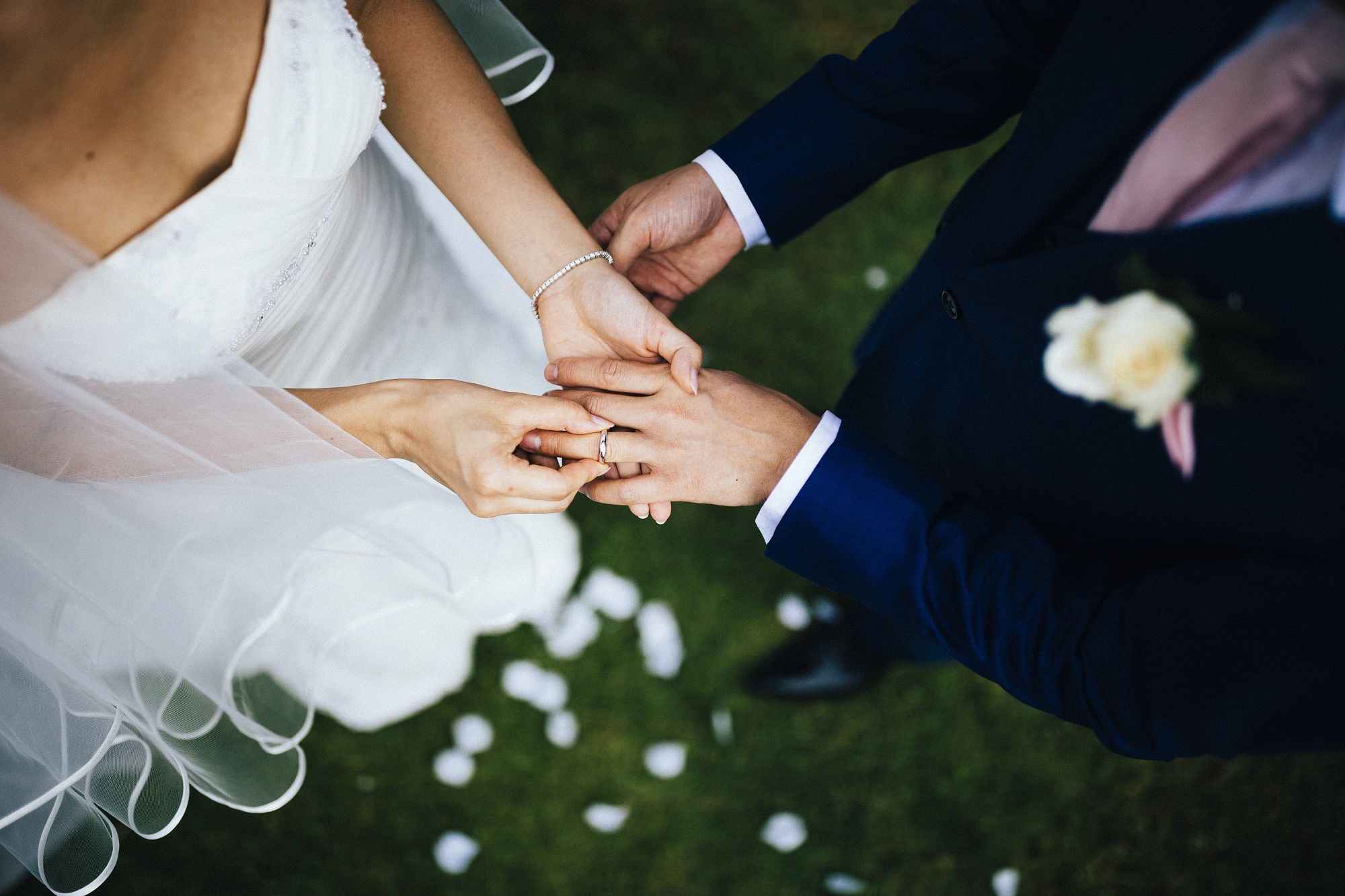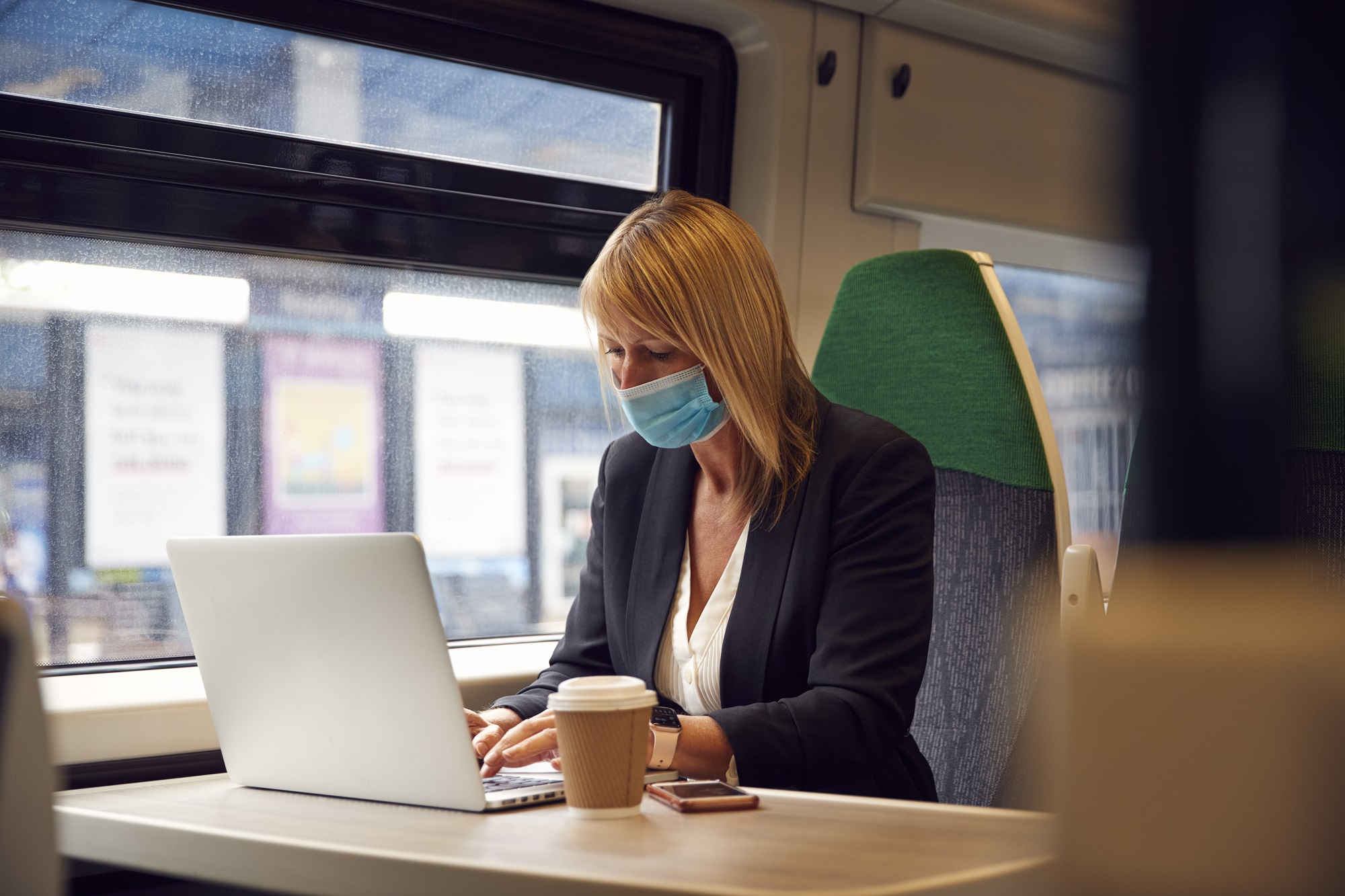Three-Tier System
 The UK's Prime Minister has introduced a three-tier system on 12th October to counter the virus's spread in specific areas. This three-tier system is divided into the following 3 categories: Tier One: Medium, Tier Two: High and Tier Three: Very High.
The UK's Prime Minister has introduced a three-tier system on 12th October to counter the virus's spread in specific areas. This three-tier system is divided into the following 3 categories: Tier One: Medium, Tier Two: High and Tier Three: Very High.
What Does This System Mean for Weddings?
The government has carefully developed a postcode checker. You can use it to find out which tier your area falls. Here's a breakdown of each tier that will allow you to understand how the new guidelines affect the wedding.Tier One: Medium
Tier one has the least restrictions, but the Rule of Six still applies to the area with tier one condition. The rule of six states that any gathering with more than six people is strictly prohibited in the UK. Tier one has the following rules:- Any place having 100 positive COVID-19 cases per 100,000 people will fall in tier one
- Rule of six will be applied to tier one area except for weddings where 15 people can gather
- Only sit-down receptions are allowed
- All the hospitality venues are strictly instructed to close at 10 pm
- Only table service is allowed
Two: High
Areas with tier two conditions will experience increased restrictions, although the positive case numbers are still the same.- No mixing of guests is allowed between hospitality venues, indoors, or households except where you have established a social bubble
- Rule of six still applies to outdoor areas such as gardens, squares, etcetera
- Only sit-down receptions are allowed
- All the hospitality venues are strictly instructed to close at 10 pm
- Only table service is allowed
Tier Three: Very High
Areas with tier three conditions will experience the tightest restrictions.- The government will automatically introduce the tier three condition on any place where tier two fails to mitigate transmissions
- No person is allowed to have any social contact with anyone. Not even to neighbours, other households, or any outdoor space
- Only the places to worship such as churches, mosques, etcetera will remain open
- Wedding receptions are fully banned. However, 15 people can still join the wedding ceremony for the shortest time possible
- Leisure and hospitality businesses such as pubs, restaurants shut down
New Wedding Coronavirus Rules
 As mentioned, the wedding receptions COVID has completely prohibited in the tier three areas. However, only 15 people are allowed to join the wedding ceremonies. Prime Minister Boris Johnson himself announced these guidelines. He also said that people should expect these new guidelines to last for six months or so.
The 15 people who are allowed to attend weddings UK include the couple being married. Moreover, the working staff such as wedding planner the UK, wedding event management staff, photographers, caterers, etcetera are not included. In simple words, the couple can invite up to 13 guests to celebrate their big day. Keep in mind that if you live somewhere with the three-tier condition, you won't be able to travel to join UK weddings during COVID-19.
As mentioned, the wedding receptions COVID has completely prohibited in the tier three areas. However, only 15 people are allowed to join the wedding ceremonies. Prime Minister Boris Johnson himself announced these guidelines. He also said that people should expect these new guidelines to last for six months or so.
The 15 people who are allowed to attend weddings UK include the couple being married. Moreover, the working staff such as wedding planner the UK, wedding event management staff, photographers, caterers, etcetera are not included. In simple words, the couple can invite up to 13 guests to celebrate their big day. Keep in mind that if you live somewhere with the three-tier condition, you won't be able to travel to join UK weddings during COVID-19.
Restrictions of Restaurants and Pubs
 Mr. Boris Johnson also announced that places with tier three conditions would not have any restaurants and pubs opened. Whereas, places with tier two and tier three conditions can open pubs and restaurants only till 10 pm. Additionally, the guidelines only allow the pubs and restaurant owners in tier two and tier one to offer table service. The restrictions on restaurants and pubs are worth mentioning here because many couples host their wedding receptions at such places. Now the couples will have to ask the pubs and restaurant owners regarding the venue and how they can plan their wedding under new restrictions.
The tier three restrictions don't apply to delegate administrations of Northern Ireland, Wales, and Scotland. These places have announced their own set of rules.
It's important to note that the three-tier system does not apply to the devolved administrations of Scotland, Wales, and Northern Ireland, who have set their own rules. Keep scrolling down to find out more.
Mr. Boris Johnson also announced that places with tier three conditions would not have any restaurants and pubs opened. Whereas, places with tier two and tier three conditions can open pubs and restaurants only till 10 pm. Additionally, the guidelines only allow the pubs and restaurant owners in tier two and tier one to offer table service. The restrictions on restaurants and pubs are worth mentioning here because many couples host their wedding receptions at such places. Now the couples will have to ask the pubs and restaurant owners regarding the venue and how they can plan their wedding under new restrictions.
The tier three restrictions don't apply to delegate administrations of Northern Ireland, Wales, and Scotland. These places have announced their own set of rules.
It's important to note that the three-tier system does not apply to the devolved administrations of Scotland, Wales, and Northern Ireland, who have set their own rules. Keep scrolling down to find out more.
Government Advice on Wedding Ceremonies

- Wedding ceremonies must be under the legally binding parts and as short as possible
- Only 15 people are allowed to attend the wedding ceremonies, including the couple getting married. However, the working staff is not included
- All the guests will have to follow the Coronavirus secure environment rules such as earing masks, and social distancing
- The area in which the wedding ceremony takes place must have a marked the floor with paint or tape to help guests maintain social distancing of at least one plus meters
- During the communion, people cannot drink and eat as part of the service
- Both bride and groom will have to wash their hands before and after the exchange of rings. Additionally, it's also advised that there must be as few guests as possible to carry the rings
- Neither the guests nor the couple is allowed to raise their voices such as while exchanging vows
- All the attendants must avoid raised voices and noise
- Instead of group singing, recordings are recommended, but the volume must not be high enough where guests have to shout over it to speak
- Blown or playing wind instruments such as Saxophone, Clarinet, Flute, etcetera, are not allowed
- Precautions such as restricted access to unnecessary areas, face covering, using protective screens, improved ventilation, reducing guests' number, avoiding face to face seating to mitigate the risk factors are recommended
Travelling Between Tiers One and Tier Two for a Wedding Ceremony
According to the government's guidelines, only the residents of the areas with tier three conditions must not travel. However, there are still some exceptions, and only those people can move who:- People in transit
- Meeting caring responsibilities
- Accessing youth services
- Educational purposes
- Daily work purposes
Government on Traveling
 According to the Government UK website, you should only travel when you must only to the places which are:
According to the Government UK website, you should only travel when you must only to the places which are:
- Allowed and opened
- Workplace
- Youth service
- Access your educational institute
- Charitable service
- Voluntary
Leave a Comment